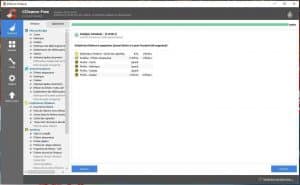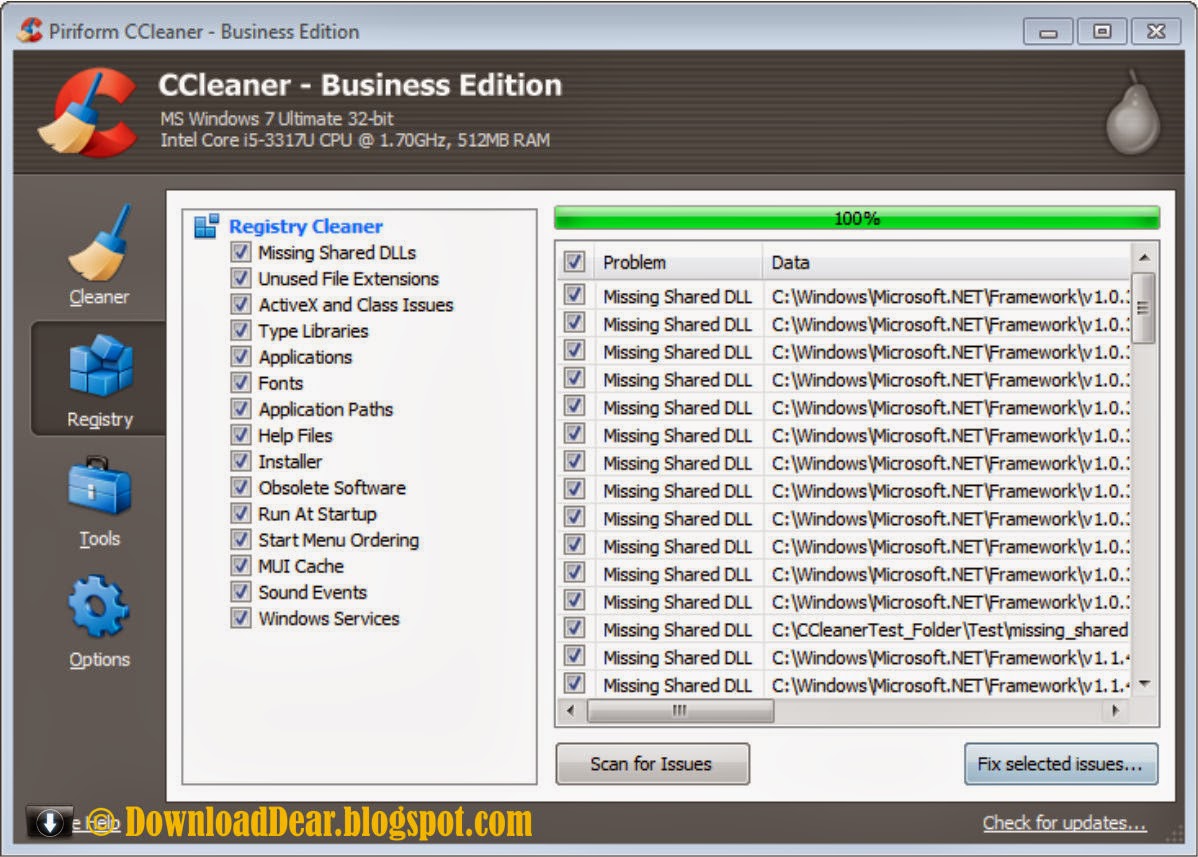

- #Ccleaner cloud version 1.07.3191 update#
- #Ccleaner cloud version 1.07.3191 software#
- #Ccleaner cloud version 1.07.3191 code#
Possibly also to be used as communication encryption key. MUID: randomly generated number identifying a particular system. It stored certain information in the Windows registry key HKLM\SOFTWARE\Piriform\Agomo:
#Ccleaner cloud version 1.07.3191 code#
The suspicious code was performing the following actions: The code executed within that thread was heavily obfuscated to make its analysis harder (encrypted strings, indirect API calls, etc.). Piriform said the "rogue server" was shut down, Cloud users were automatically updated and CCleaner users were "moved to a different version."Īs for what the hack did exactly, Piriform's VP of Products Paul Yung said "An unauthorized modification of the CCleaner.exe binary resulted in an insertion of a two-stage backdoor capable of running code received from a remote IP address on affected systems. The suspicious code was hidden in the application’s initialization code called CRT (Common Runtime) that is normally inserted during compilation by the compiler." The company said a new version of CCleaner was released on September 12, the day the hack was discovered, with the Cloud version updated on September 15. The hack also affected the CCleaner Cloud version.
#Ccleaner cloud version 1.07.3191 software#
Your performance enhancement software is affected by malware.Īccording to CCleaner maker Piriform, the 32-bit version of the software for Windows was modified by hackers before it was released to the public on August 15.

#Ccleaner cloud version 1.07.3191 update#
If you are, download an update immediately. If you happen to be running CCleaner, stop reading this immediately and check to see if you are running version. So was it not always spying on you if it's not running in the system tray? That's the first feature I always turn off. Sounds like it was in the program itself if upgrading to a newer version removed it, so the main executable must have been infected. Subsequent analysis revealed that hackers hijacked and hid malware inside versions of Avast's CCleaner application available for download between August 15 and September 12.Īnyone who downloaded the 5.33 version or updated their existing product during this timeframe became infected with a covert backdoor capable of spying on everything they did online. "On September 13, 2017, Cisco Talos immediately notified Avast of our findings so that they could initiate appropriate response activities."ĬCleaner has been downloaded over 2 billion times, with 5 million additional downloads a week.Ĭisco Talos said it came across the malicious downloads while beta-testing a new exploit detection technology. "For a period of time, the legitimate signed version of CCleaner 5.33 being distributed by Avast also contained a multi-stage malware payload that rode on top of the installation of CCleaner," researchers explained. Antivirus firm Avast has admitted inadvertently distributing a trojanised version of CCleaner, a popular PC tune-up tool, for nearly a month, infecting an estimated 2.27 million users.


 0 kommentar(er)
0 kommentar(er)
